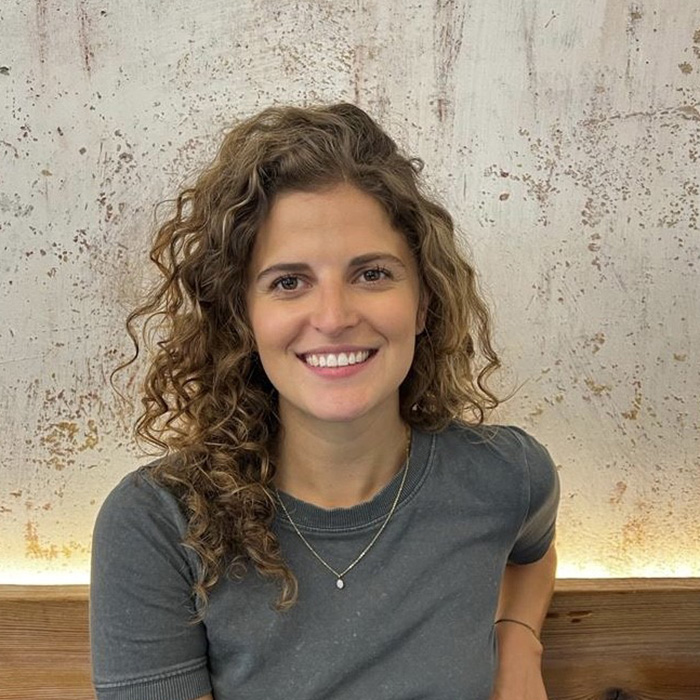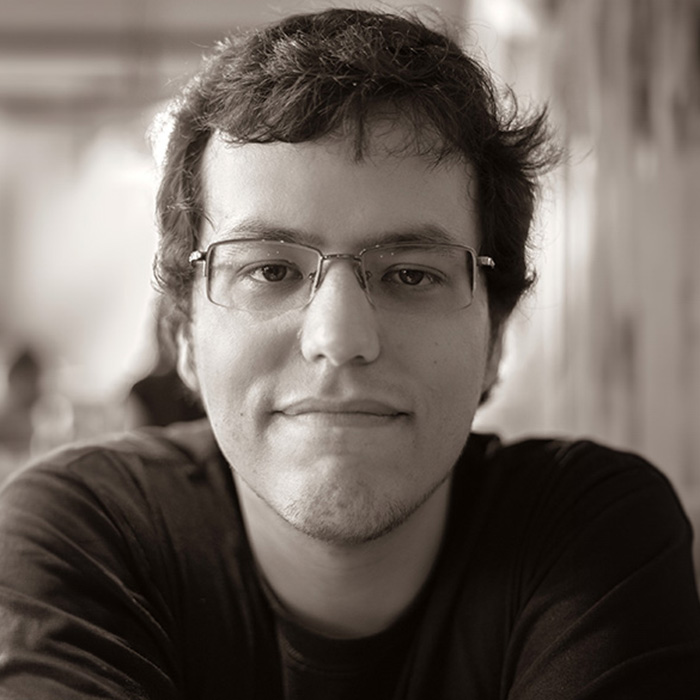Orientation in Conspiration (ORION)
In our project, we aim to better understand the various factors contributing to the popularity of conspiracy theories on social media. Conspiracy theories were considered a harmless curiosity for the better part of the last century. However, their rapid spread in connection with the COVID-19 pandemic, significantly fueled by online conspiracy groups, has demonstrated the concrete harm that belief in conspiracy theories can cause.
The existence of conspiracy theories itself is not entirely negative; their followers can serve a social "guardian function", compelling societal elites to justify their actions. However, the interplay of the rapid spread of conspiracy theories via social media – particularly messaging services such as Telegram – and the coordinated efforts of external actors to disseminate conspiracy theories has shifted the role of these theories, making them likely to cause more harm than benefit for society. While most political decision-makers agree that the spread of conspiracy theories should be curtailed, how to intervene without resorting to massive censorship or stigmatizing followers of conspiracy theories remains an unsolved challenge.
In our project, we conceptualize the dissemination of conspiracy theories as a phenomenon influenced by various individual, social, and technological aspects. We aim to understand the different contributions of these aspects to the spread of conspiracy theories, laying the groundwork for interventions that focus on shaping platforms and algorithms, as well as addressing activities coordinated by external actors, instead of stigmatizing and censoring individual conspiracy theory followers.
As we aim to gain insights specifically for the German-speaking region, we focus on conspiracy theories from German-language public Telegram channels. We utilize an archive of these channels (the "Schwurbelarchiv"), released in 2022, predominantly containing messages from the years 2019 to 2022. Given that a significant portion of the data consists of multimedia content, the dataset is extensive, with over 23 terabytes of data, making it challenging to handle. A crucial contribution of our project is, therefore, to clean, structure, and transcribe parts of the multimedia content, enabling automated text processing and making the data accessible to other researchers. Overall, research involving multimedia content from social media is still in its early stages, and we anticipate exciting insights from the analysis of voice messages and videos.





